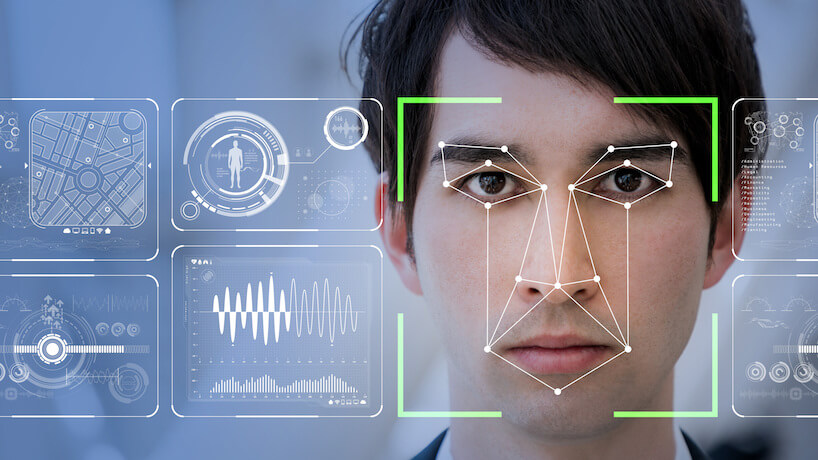From boarding an international Delta flight in Atlanta to transferring money in China to unlocking the new iPhone X anywhere in the world, your face is quickly becoming the key to do, well, everything. As facial-recognition technology spreads to more companies’ customer-service efforts, it’s starting to show up in the business-events industry, too. According to Alizila, Alibaba Group’s news hub, attendees at The Computing Conference in Hangzhou, China, relied on facial-recognition software to claim their registration credentials. The conference, held from Oct. 11–14, welcomed more than 40,000 attendees, many of whom had submitted a passport-type photo prior to their arrival. Facial-recognition technology verified their in-person faces against their government-issued IDs.
In addition to security, the technology delivers another key benefit: speed. “On the user end, scanning takes one to two seconds,” according to Alizila’s coverage of the conference. “Behind the scenes, a 3D camera and a live-ness detection algorithm, which can detect shadows and other features, verify the person’s identity.”
Alibaba has been exploring the possibilities of facial-recognition software at another venue in Hangzhou: a KFC restaurant. The company’s “Smile to Pay” service gives customers the ability to pay for food by — you guessed it — smiling. While KFC isn’t exactly a prime location for business events, the technology could pop up at host hotels in the future. The recently announced Marriott-Alibaba partnership includes the ability to pay with Alipay, Alibaba’s payment app — the power behind the KFC check-out process.
SEE ALSO: How Facial Recognition Will Shape the Future of Experiences
Alibaba’s resources make the company a prime candidate for testing this type of futuristic technology (the e-commerce giant’s current market cap is a staggering $442 billion), but smaller companies are finding ways to embrace facial recognition, too. Arizona-based Eventinterface recently partnered with facial recognition company Zenus to offers its clients the capability, and U.K.-based registration company Regie offers the feature as well.
Faces won’t be the only parts of the human body that fuel the next generation of event engagement. This technology can simplify check-in, but biometric tracking can monitor attendees’ feelings throughout the rest of the experience. Check out “Biometrics: The Next Frontier” in Convene for more.

